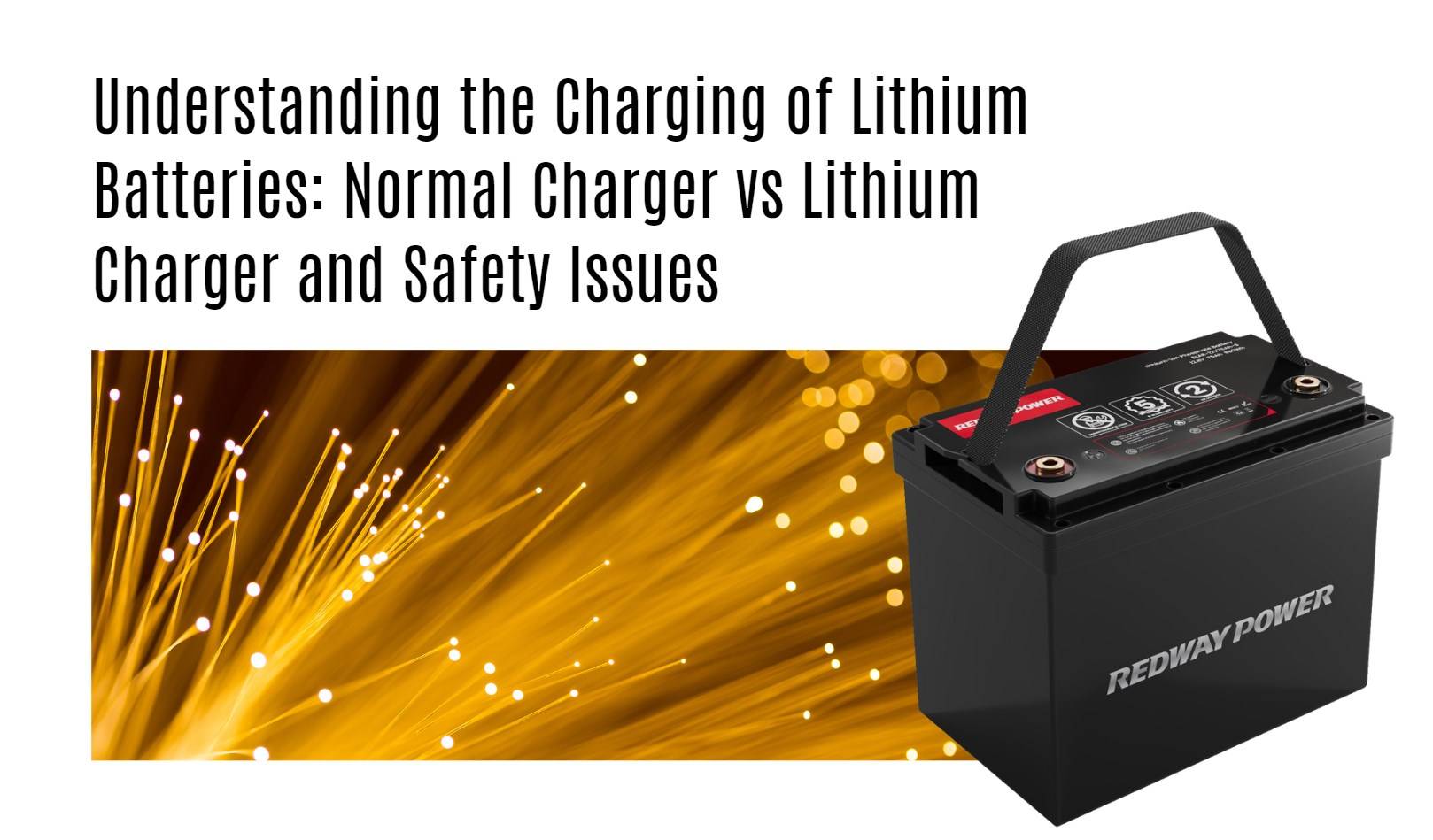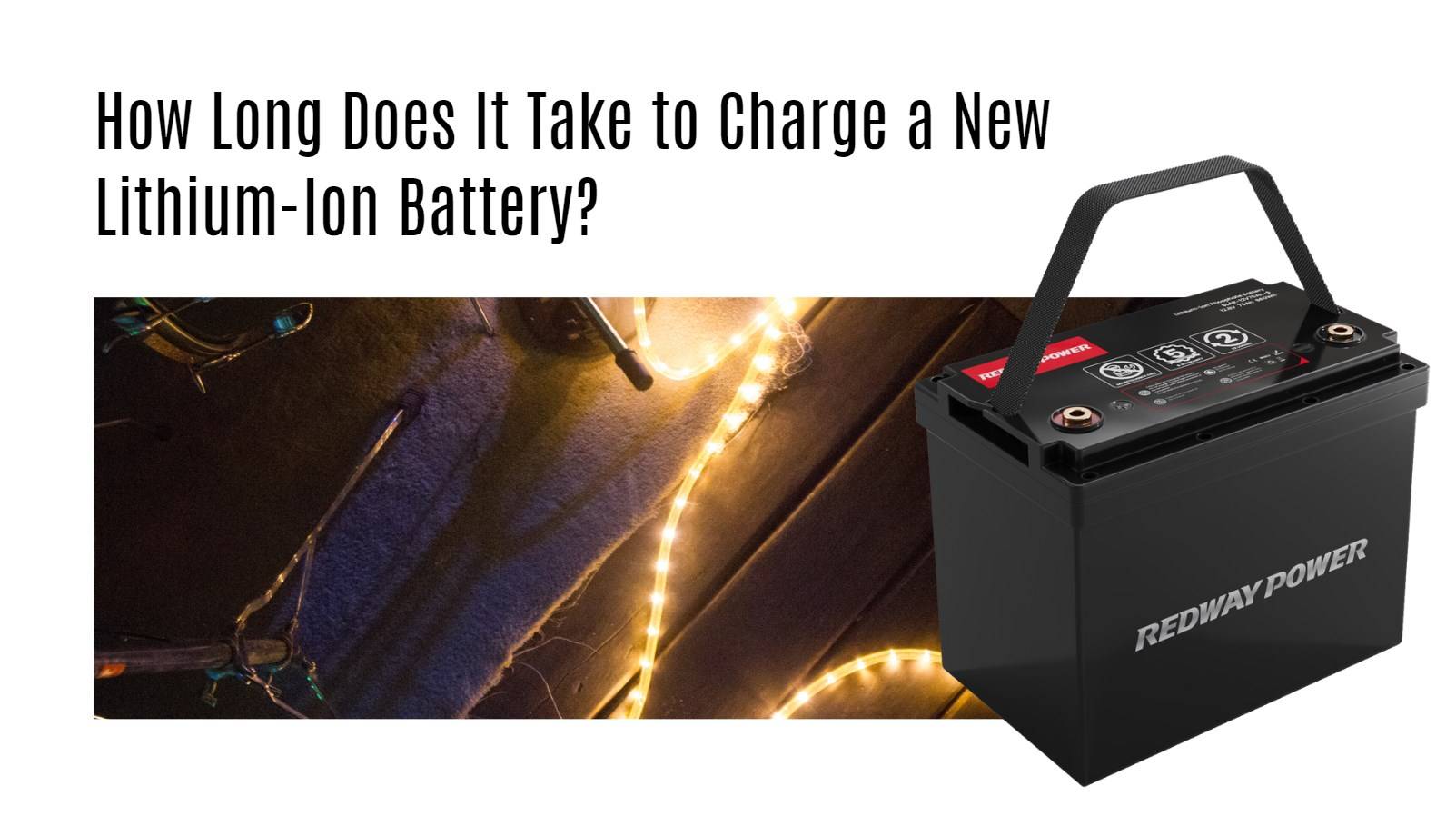Understanding the differences between normal chargers and lithium chargers is crucial for ensuring the safety and longevity of lithium-ion batteries. Using the correct charger type prevents overheating, overcharging, and potential damage to the battery, which can lead to safety hazards.
What Are the Charging Stages of Lithium-Ion Batteries?
Lithium-ion batteries typically undergo three main charging stages:
- Constant Current (CC): The charger delivers a steady current until the battery reaches a set voltage.
- Constant Voltage (CV): Once the voltage limit is reached, the charger maintains this voltage while the current gradually decreases.
- Trickle Charge: This final stage occurs when the current drops to a minimal level, maintaining the battery at full charge without overcharging.
Chart: Charging Stages of Lithium-Ion Batteries
| Stage | Description |
|---|---|
| Constant Current | Steady current until target voltage is reached. |
| Constant Voltage | Voltage maintained while current decreases. |
| Trickle Charge | Minimal current to keep battery topped off. |
How Do Lithium Chargers Differ from Normal Chargers?
Lithium chargers are specifically designed to accommodate the unique charging requirements of lithium-ion batteries, including higher voltage limits and specific charge profiles. In contrast, normal chargers may not provide the precise control needed, risking overcharging or undercharging.Chart: Comparison of Charger Types
| Feature | Lithium Charger | Normal Charger |
|---|---|---|
| Voltage Regulation | High precision with cut-off limits | Less precise, may overcharge |
| Charge Profile | CC-CV method | Typically constant voltage |
| Safety Features | Built-in protections | Basic protections |
Why Is Proper Charging Important for Battery Lifespan?
Proper charging is vital for extending battery lifespan because it prevents damage caused by overcharging or deep discharging. Each charge cycle affects battery health; thus, adhering to recommended charging practices can significantly enhance longevity and performance.
What Are the Key Differences Between Lithium and Lead-Acid Chargers?
Key differences include:
- Charging Method: Lithium chargers use a CC-CV approach, while lead-acid chargers typically follow a bulk absorption float method.
- Voltage Requirements: Lithium batteries require higher voltages per cell compared to lead-acid batteries.
- Efficiency: Lithium chargers are generally more efficient, allowing for faster charging times.
How Does Charging Efficiency Vary Between These Two Types?
Charging efficiency varies significantly; lithium chargers can charge batteries faster due to their ability to deliver higher initial currents without damaging the battery. This efficiency reduces downtime and maximizes energy use compared to lead-acid chargers.
Can You Use a Lead-Acid Charger on a Lithium Battery?
Using a lead-acid charger on a lithium battery is generally not recommended unless it has adjustable settings that allow for proper voltage control. Lead-acid chargers may not provide adequate protection against overcharging, which can damage lithium batteries.Chart: Charger Compatibility
| Charger Type | Compatibility with Lithium Batteries |
|---|---|
| Lead-Acid Charger | Not recommended |
| Smart Lithium Charger | Recommended |
What Safety Issues Arise When Charging Lithium-Ion Batteries?
Safety issues include:
- Overheating: Excessive heat can lead to thermal runaway.
- Overcharging: Can cause swelling or rupture of the battery casing.
- Short Circuits: Improper connections may result in dangerous sparks or fires.
How Can Improper Charging Lead to Battery Failure?
Improper charging can cause irreversible damage such as:
- Lithium Plating: Occurs when charged at low temperatures, leading to reduced capacity.
- Thermal Runaway: A chain reaction resulting in fire or explosion due to excessive heat buildup.
These failures compromise battery integrity and safety.
What Precautions Should Be Taken When Using Lithium Chargers?
When using lithium chargers, consider these precautions:
- Use Compatible Chargers: Always use a charger specifically designed for lithium-ion batteries.
- Monitor Temperature: Ensure that the battery does not overheat during charging.
- Follow Manufacturer Instructions: Adhere strictly to guidelines provided by the manufacturer for optimal safety.
Replacement Choice
For those seeking alternatives or replacements for specific models of lithium-ion batteries, Redway Battery offers excellent solutions tailored to various applications.
Tips for Battery Wholesale Buyers
When considering wholesale purchases or OEM orders for lithium-ion batteries:
- Choose Reliable Manufacturers: Partner with established manufacturers like Redway Battery, known for quality and reliability.
- Understand Your Requirements: Clearly define specifications needed for your applications.
- Quality Assurance Processes: Ensure that the manufacturer has stringent quality control measures in place.
Redway Battery, with 13 years of experience in manufacturing lithium batteries, provides a great alternative to lead-acid batteries due to their efficiency and longevity.
Redway Battery Expert Insight
“Understanding how to properly charge lithium batteries is crucial for ensuring their longevity and safety,” states an expert from Redway Battery. “Using appropriate chargers designed specifically for lithium technology helps prevent common issues like overheating and overcharging, ultimately enhancing performance.”
FAQ Section
- Can I use my old charger on a new lithium battery?
It depends on whether the charger is designed specifically for lithium technology; using an incompatible charger can damage the battery. - What happens if I overcharge my lithium battery?
Overcharging can cause swelling, overheating, and potentially lead to thermal runaway or fire hazards. - How do I know if my charger is suitable for my lithium battery?
Check the specifications on both your battery and charger; they should match in terms of voltage and current ratings.




